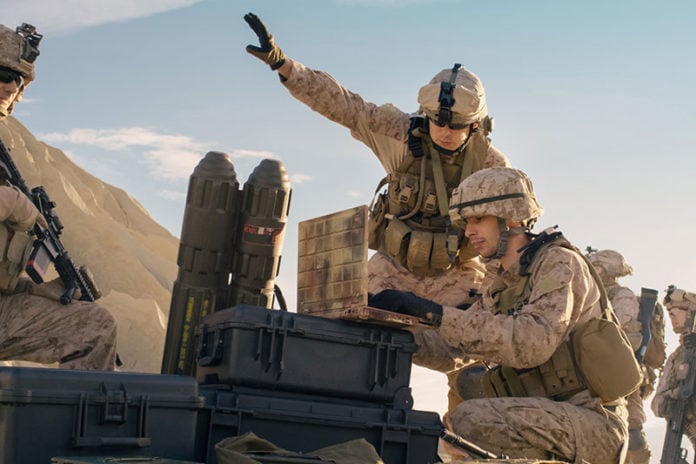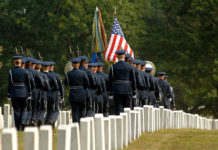We got the sons-a-bitches.
U.S. Marines operating in Afghanistan apparently killed more than 70 Taliban leaders over the last month. Our boys tracked the dirt-bags to a meeting in the Musa Qala district of Helmand Province. Then, a rocket artillery barrage was aimed at the site.
In the aftermath, more than 50 Taliban leaders from at least six other provinces in Afghanistan were confirmed killed. In addition, the deputy Taliban governor of Helmand was also killed. This adds to the tally of Taliban leaders killed this month, as at least 20 others were eliminated by drones and A-10 Warthog attacks during the prior weeks.
This increase in U.S. activity in Afghanistan comes as thousands of fresh troops have been deployed to Kandahar, Afghanistan to battle back the increasing influence of the Taliban. Since they were removed from power in Afghanistan in 2001, the Taliban have been plotting a return to power.
Over the last 16 years they’ve had varying degrees of success in their attempts to seize control back from the new Western-backed government. Taliban fighters have been able to outfight the Afghan government’s poorly trained, poorly equipped army on numerous occasions.
But now that the U.S. is committing more troops again, the future seems increasingly bleak for the Taliban. The coalition is finally hitting them where it hurts, too.
Army General John Nicholson explained the new airstrikes to reporters in Kabul on Wednesday: “Helmand has been the financial engine of the insurgency. The Taliban draws 60 percent of their revenue from narcotics and criminal activity,” he said.
Nicholson downplayed the potential nationwide impact of the strikes, however. “I would not call it strategic significance, but it definitively has a significant local significance in terms of the fight in southern Afghanistan,” the General said.
But wars are won region by region. Especially in places like Afghanistan, where certain rugged and mountainous provinces have proven a tremendous sticking point for U.S. forces. Things die down for a while, and then the Taliban recruit more fighters and violence flares again.
General John Nicholson is approaching the end of his two-year tour of duty in Afghanistan soon. He will be replaced by Army Lieutenant General Scott Miller, who currently heads the Joint Special Operations Command. That’s group contains all our nations’ elite special forces, like Delta Force and Seal Team Six.
In preparation for increased activity in Afghanistan, the U.S. has also been stepping up the number of airstrikes carried out against Taliban fighters in recent weeks. The war against ISIS is drawing to a close in Iraq and Syria. As that conflict ends, the U.S. military plans to step up its operations in Afghanistan.
In April there were more airstrikes carried out in Afghanistan than in Iraq and Syria over the two months prior. A total of 562 airstrikes were carried out, mostly targeting Taliban drug labs.
President Trump likely hopes to finish the work his predecessors left half-done. Despite President Obama’s efforts to ramp up the conflict in Afghanistan, in order to end the war by 2014, he was ultimately unable to keep those promises.
Afghanistan has been a hotbed for violence for close to two decades now. Suicide bombings by Taliban forces are commonplace, and Afghan security forces have always struggled to prevent them.
Recently, however, Afghan forces have gotten a bit better at protecting their own from the Taliban. Just on Wednesday they successfully prevented an attempted suicide bombing at the Afghan Interior Ministry.
Afghan guards recognized the would-be bombers, who were wearing outdated uniforms, and ordered them from their car. The planned bombing became a shootout as Afghan police and Taliban fighters exchanged fire. One policeman was killed and five others were wounded, but no civilians were killed.
The U.S. has spent a vast amount of time and energy trying to train the Afghan security forces to defend their own country. As we prepare for a renewed war in Afghanistan, it’s good to see the damage that’s being done to the Taliban command structure and financial network by our airstrikes.
And it’s good to see some of that training is finally paying off for Afghan security personnel.






























